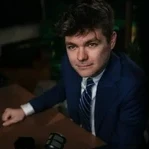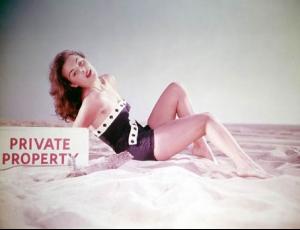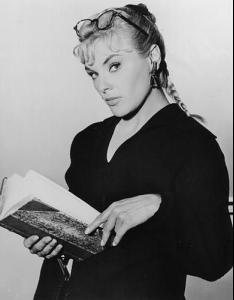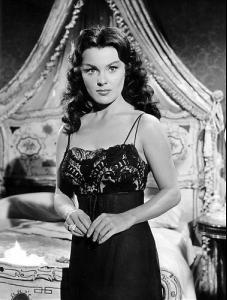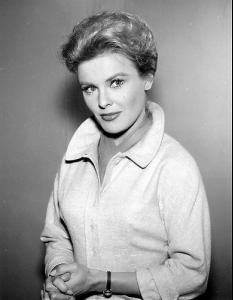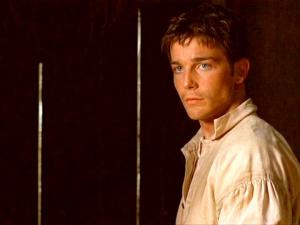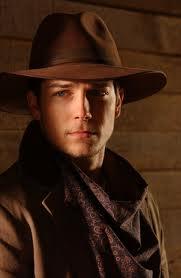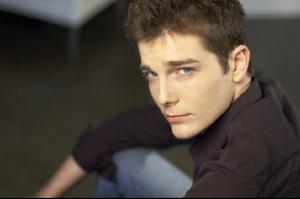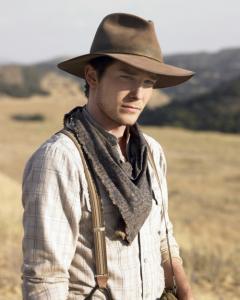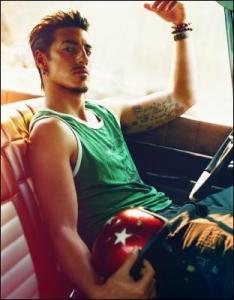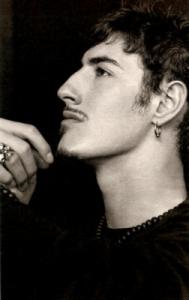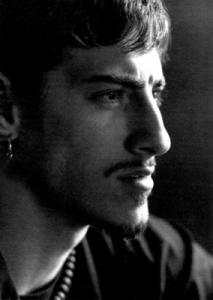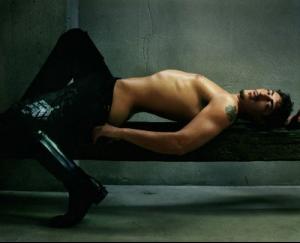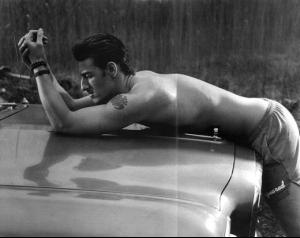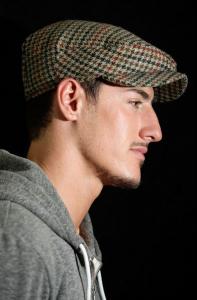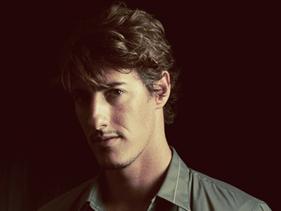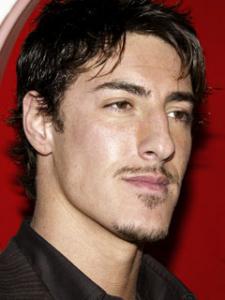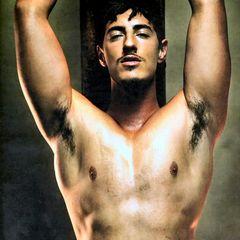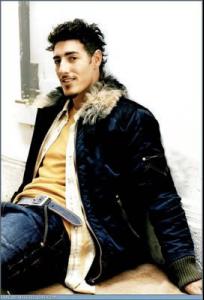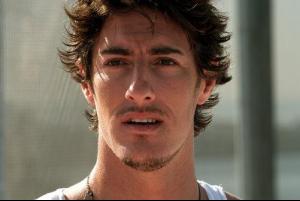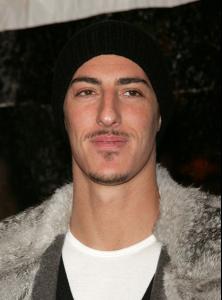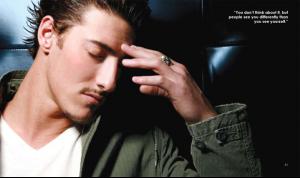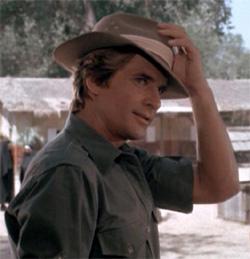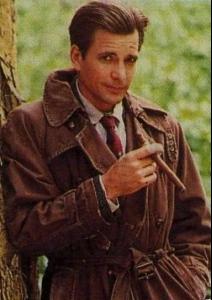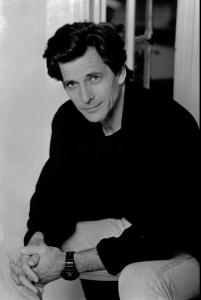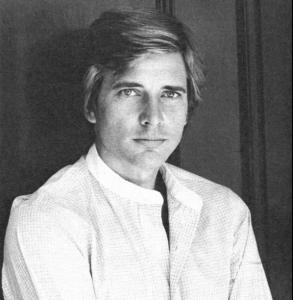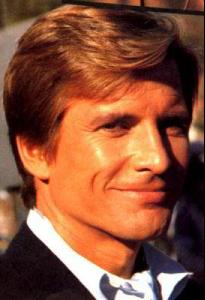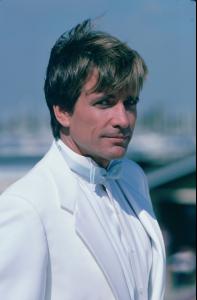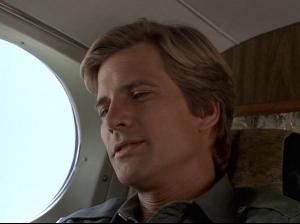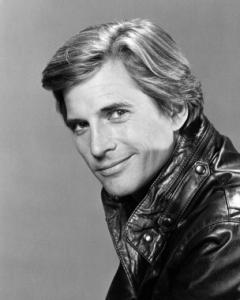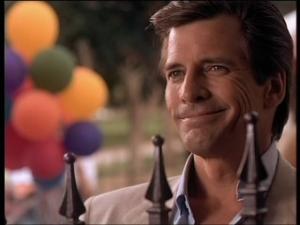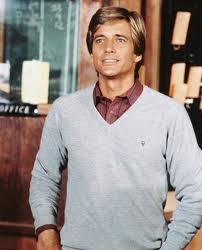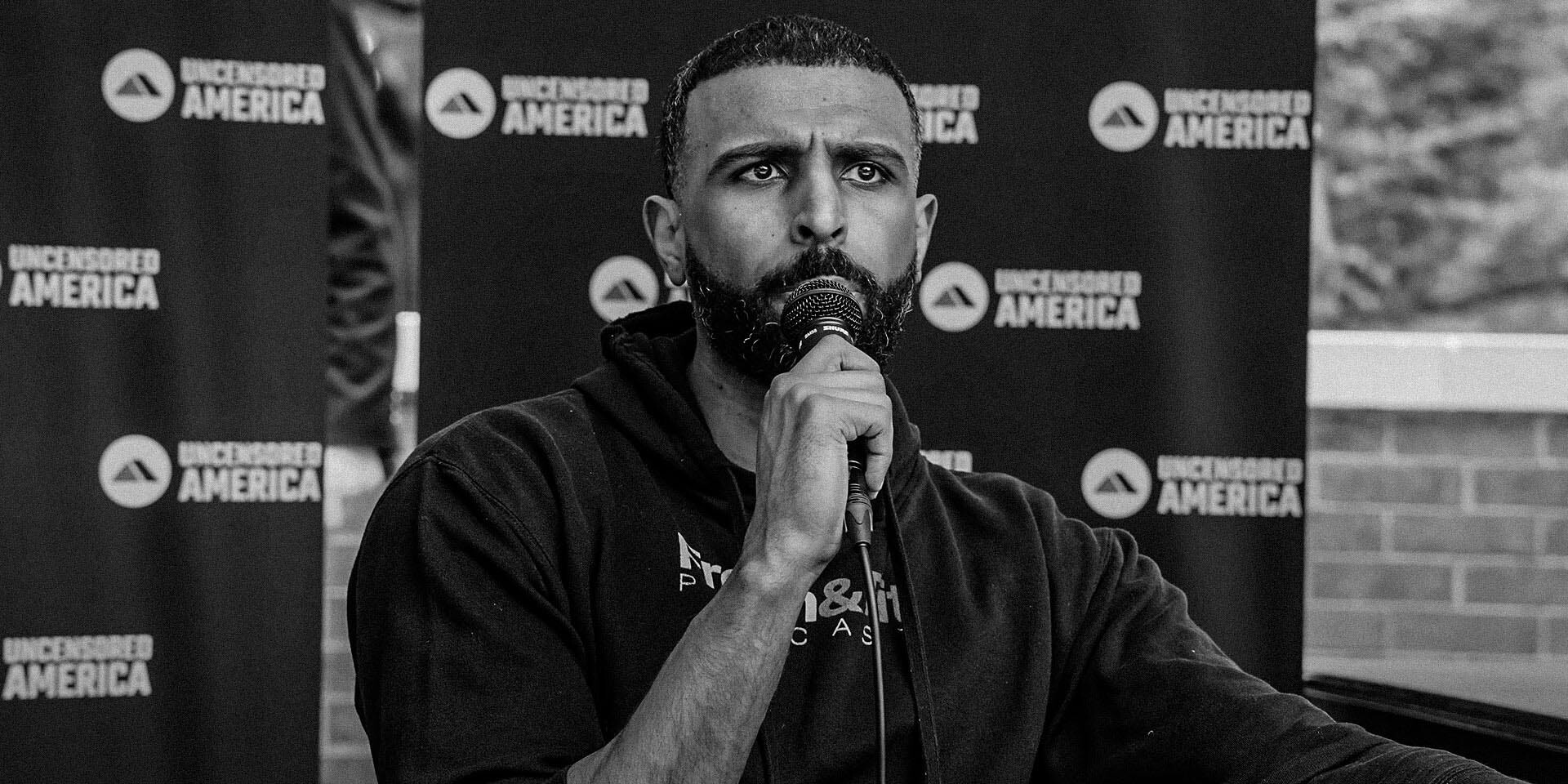
Everything posted by COP11
-
Kathleen Crowley
Betty Jane Kathleen Crowley (born December 26, 1931) is an American actress and was Miss New Jersey in 1949 and a contestant for Miss America in the same year (she came in sixth). After the pageants, she became an actress who specialized in being phenomenally seductive in TV series and movies. Most well known for playing a variety of sirens in TV's Maverick (1957) opposite James Garner, Jack Kelly, and Roger Moore, she appears in eight episodes, a series record for leading ladies, in "The Jeweled Gun," "Maverick Springs," "The Misfortune Teller," "A Bullet for the Teacher," "Kiz," "Dade City Dodge," "The Troubled Heir," and "One of Our Trains Is Missing." Crowley made 81 television appearances on various series and appeared in twenty movies between 1951 and 1970 (one of her last movie roles was in Downhill Racer with Robert Redford). Many of her films were low-budget sci-fi and horror movies, but she seemed to appear in practically every narrative television series produced in the late '50s and '60s, including Bourbon Street Beat, Surfside 6, Hawaiian Eye, 77 Sunset Strip, Bat Masterson, Bonanza, Branded, My Three Sons, Donna Reed, Perry Mason, Checkmate, Bronco, Route 66, Thriller, Batman, Disneyland, Family Affair, Rawhide, The Lone Ranger, and many others. Crowley was often confused with her acting contemporary Pat Crowley (frequently billed as "Patricia Crowley"), who appeared as guest leading lady in different episodes of many of the same television series and was not related. The two Crowleys were apparently never cast in the same episode. In the Philip Roth novel American Pastoral, the protagonist marries Miss New Jersey 1949, in the book named Dawn Dwyer and having few similarities to Crowley's post-Miss New Jersey life (including a poorer finish in the Miss America pageant).
-
Logan Bartholomew
- Eric Balfour
- Eric Balfour
- Dirk Benedict
- Sons Of Anarchy
Oh I know!! He is such a great actor. Very underrated too- Charlotte Free
I don't think it has. Beautiful!- Charlotte Free
What a doll! Best editorial so far this year IMO.- Answer The Question Above !
They are mainly Asian women or idols. They just model. And some are race car drivers, actresses and singers. You'll find a lot of them in the other females of interest section. Did some of the psychic predictions come true for you?- I AM the Biggest fan revival
Yukina Kinoshita Choi Yu Jung Ju Daha- Answer The Question Above !
Thanks hun. I noticed last night Are you a fan of any gravure models?- I AM the Biggest fan revival
Jaime Edmondson Sara Underwood Pan Shuanghuag Sasaki Nozomi- Victoria Justice
My daughter watches her shows and she is a really cute girl. But I think she will be stunning as she gets older.- Keep On or Turn Off .. the Radio ?
On Lay Lady Lay-Bob Dylan- The Song Above
Excellent The Reaper-Blue Oyster Cult- Answer The Question Above !
Very. I get them waxed Did you know I have 20,000 posts? I just realized that- I Am...
wondering what this psychic has to tell me- Sons Of Anarchy
And they are still casting for it! I know Danny Trejo and Debi Mazar are going to be guest starring along with Rockmond. I can't wait. I need Happy, Chibs and Tig!- Answer The Question Above !
I read to the kids before bedtime. Does that count?- Ashley Greene
I haven't seen much of her movies but the girl is gorgeous!- Angelina Jolie
I can't wait to see her a Cleopatra- Marlene Dietrich
Beautiful photos! Thanks!- Sofia Vergara
She has an incredible body- Kate Hudson
She looks beautiful on the ALMA cover- Cate Blanchett
Love that cover!! Thanks Nef! - Eric Balfour
Account
Navigation
Search
Configure browser push notifications
Chrome (Android)
- Tap the lock icon next to the address bar.
- Tap Permissions → Notifications.
- Adjust your preference.
Chrome (Desktop)
- Click the padlock icon in the address bar.
- Select Site settings.
- Find Notifications and adjust your preference.
Safari (iOS 16.4+)
- Ensure the site is installed via Add to Home Screen.
- Open Settings App → Notifications.
- Find your app name and adjust your preference.
Safari (macOS)
- Go to Safari → Preferences.
- Click the Websites tab.
- Select Notifications in the sidebar.
- Find this website and adjust your preference.
Edge (Android)
- Tap the lock icon next to the address bar.
- Tap Permissions.
- Find Notifications and adjust your preference.
Edge (Desktop)
- Click the padlock icon in the address bar.
- Click Permissions for this site.
- Find Notifications and adjust your preference.
Firefox (Android)
- Go to Settings → Site permissions.
- Tap Notifications.
- Find this site in the list and adjust your preference.
Firefox (Desktop)
- Open Firefox Settings.
- Search for Notifications.
- Find this site in the list and adjust your preference.
